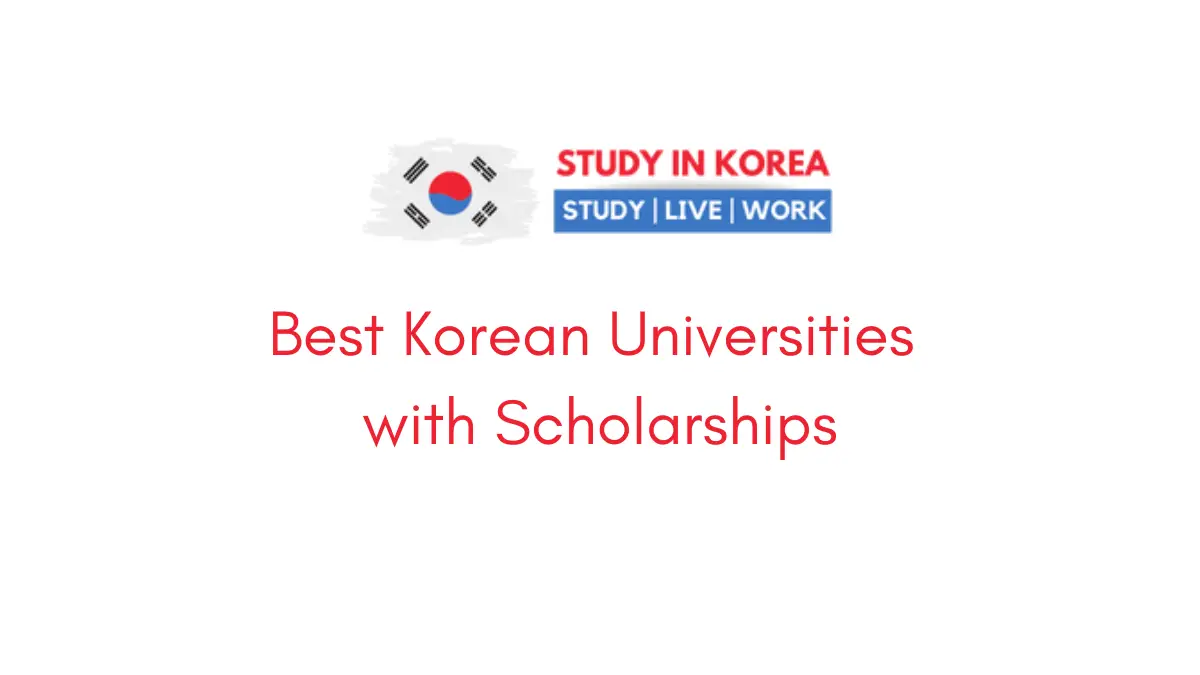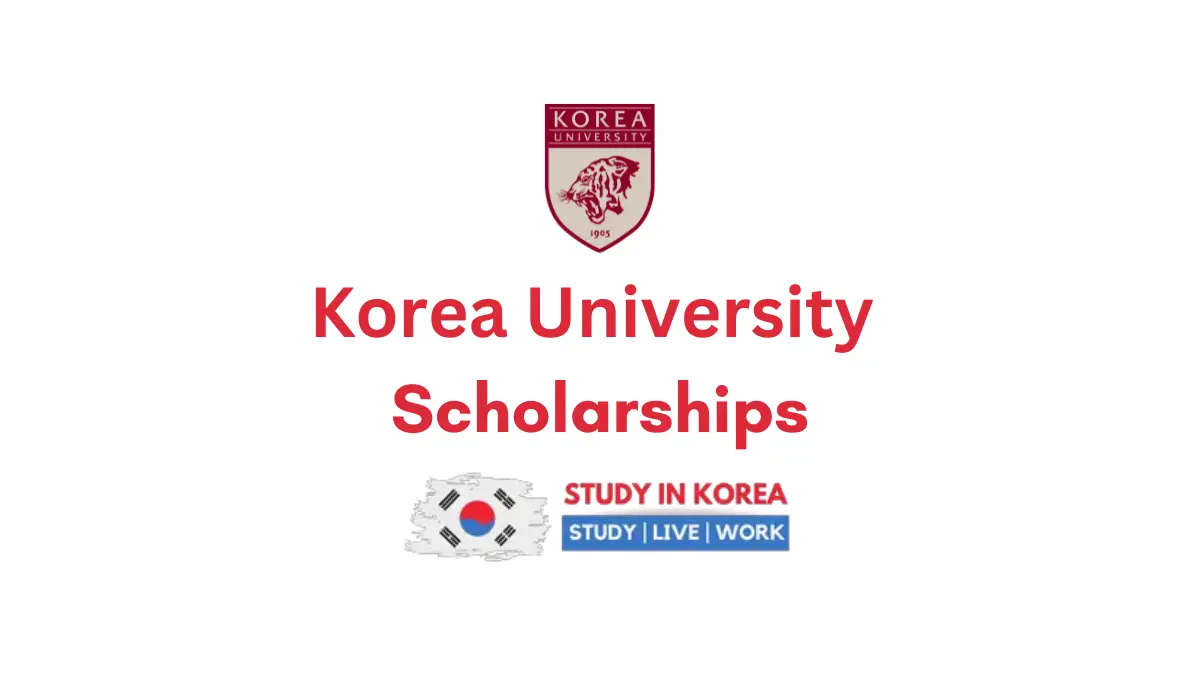
South Korean Education System | Study in South Korea
Want to Study in South Korea? But Don’t know about the South Korean Education System? We write a complete article about Education System in South Korea. In the easternmost region of Asia, there is a country called Korea that is 750 miles (1,200 kilometers) broad. Even though South and North Korea are sovereign states nowadays, most Koreans still see their country as one united entity that cannot be parted.
About South Korea:
Although South Korea contains a lot of mountain ranges, they are relatively smaller when compared to other hills and mountains. Their heights have been rounded off over millions of ages by wind and rain. Many heights are lower than 3,300 feet (1,000 meters). Tropical evergreen woodlands grow as a result of humid conditions and precipitation on Jeju Island in South Korea and along a little strip towards the south. Additionally, there are roughly 3,000 igneous rocks all around the region. The South Korean Education System is the best education system in the world.
Local educational system legislations have been constituted and are now in practice according to the local government act of 1991. As a result, regional dissimilarities in the educational system are limited. Nevertheless, a private school can create different curricula and educational content by following federal criteria. When private schools adopt the Local educational system legislation. The schooling institution accommodates the encourages students of each region by offering some opportunities for innovation with technical skills.
With Sixteen years of schooling in a row—6 years in the elementary level, three years in middle school, three years in high school, and four years in university—the Korean educational system ensures that everyone has an equal chance to attain foundational knowledge and skill. Institutions offer extra education by offering master’s programs for 2-3 years and doctoral programs for an additional 2-3 years with some technical skills. Every year thousands of international students come to Study in South Korea.
South Korean Education System
Semesters System
The 1st semester of educational institutions in Korea usually starts in March. The second semester continues in September after the summer break in July and August. Winter vacations are also scheduled from December through February.
Start of the Year: March
1st Semester: March-August
2nd Semester: September – February
Check this latest opportunity – Jeonbuk National University Scholarships in Korea
Elementary Schools in Korean Education System
The Korean government is offering subsidized primary schooling in an endeavor to educate the Korean people with knowledge that is a fundamental right of every human being. In Korea, 99.9% of students study at this elementary school. As a result, it illustrates how inclusive the Korean primary education system is. This accomplishment is the impact of policy measures as well as a societal stigma on schooling. Students frequently continue primary schooling between the ages of 3-5. Furthermore, although most students enroll in elementary schools at the time of 7 years old. It is conceivable to register before age 5. The elementary education system lasts six years, and nearly all institutions are governmental. There are many private elementary institutions, however, they are not considered distinct from public ones.
Middle Schools in South Korea
In addition to an elementary level, the objective of the middle education system is to enhance basic knowledge and concepts. The examination process in the Korean school educational system was terminated in 1969. As a consequence, any student who intends to pursue middle school can apply to institutions close to their home and be assigned randomly to a school. The three-year educational course is just as fee as primary school education. Private schools offer the same free tuition as public schools even if their proportion is larger than that of primary educational institutions. Furthermore, there aren’t many contrasts between government, private, and national schools in Korea.
High Schools in South Korea
The objective of a high educational school is to provide foundational specialized training and general education in every field of education. Regular schools, vocational schools, and other types of high schools are all divided into the institution of foreign language, art & music institution, and science & technology schooling. The three-year courses are paid for; for the last three years. For regular colleges, a student applies to located near colleges and is allowed to apply for a school, whereas individuals choose other categories of school systems.
International students are welcome to register in any of the elementary, middle, or high educational institutions without any prohibitions or additional criteria. According to the present educational law, an international student’s enrollment is based on the specific policies and guidelines of each education system. Therefore, an international student needs to select an education system, visit the educational Korean school, consult with a counseling desk, and follow all directions given by the school.
Check this – Yonsei University Scholarship for International Students in the best institution
South Korean Technical Colleges
Additional to high-level schooling, technical institutions offer educational opportunities. There are almost 150 technical institutions in the country, about 10 of which are government or national institutions, while the rest are commercial. Today’s technical institutions have a large number of student halls, and their tuition charges are cheaper than those of four-year educational institutes. The objective of technical school education is to advance broad practical and theoretical expertise to train learners to become skilled engineers. Learners develop an understanding of applicable theories and methodologies, helping them to acquire employment immediately after graduation or transfer to four-year educational institutions.
South Korean Universities
About 250 Korean universities and institutions offer bachelor’s degrees. Dentistry, medical and medicine, and oriental medical schools all offer six-year courses that include undergraduate studies. Academic institutions in Korea offer a variety of courses and specializations. Every institution has different requirements for completing credits in graduation, the highest quantity of credits per semester, the normal number of credit points, the procedures for getting credit points, and the categories of credits that can be acquired. There are three types of higher education institutions: public, private, and national.
Despite some minimal differences, there aren’t many distinct differences across institutions’ admissions procedures. If an overseas student wants to study in Korea, they can easily secure admission to a Korean institution or university. Overseas students can take Korean language lessons at colleges as well. A deficiency in Korean language proficiency is not a big barrier to getting admission to Korean educational institutions.
You may like to read – Korean University Of Technology And Education Scholarships
Institutions Educational Programs for Overseas Students
Courses Offered During Regular Semesters: routine lectures
Student exchange programs: Overseas students from institutions with close ties with Korean educational institutions.
Summer \ Winter Programs: Throughout the summer and winter vacations, regular courses, Korean language workshops, and other courses are offered.
Classes are offered and delivered in English. Approximately 30% of courses are delivered in English at academic institutions because of the growing need for globalization. Higher percentages apply to graduate courses in Korea. Some higher education institutions have organized international departments that offer only English-language programs.
Korean Language Programs
For overseas students, numerous institutions have launched Korean language education. Speaking Korean is the main topic of 3- to 4-week training programs. Prolonged courses lasting 10–40 weeks focus on improving communication abilities and gaining an awareness of Korean culture via social traditions.
Share this content:





